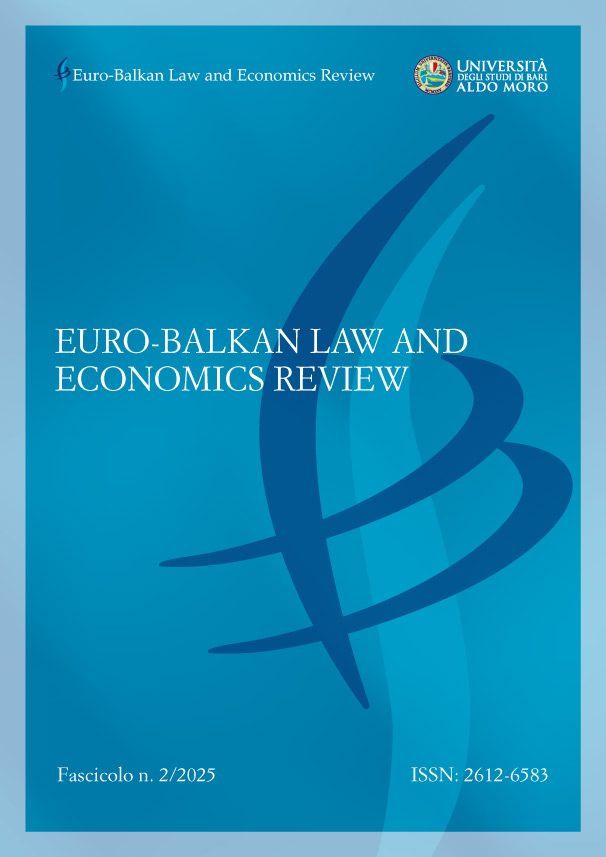Equiparazione funzionale tra valuta digitale decentralizzata e moneta avente corso legale: il caso di El Salvador
DOI:
https://doi.org/10.15162/2612-6583/2331Keywords:
Bitcoin, El Salvador, legal tender, Ley BitcoinAbstract
This paper examines the experiment in El Salvador, the first country to grant legal tender status to bitcoin alongside the US dollar. The analysis considers the legal, economic, and institutional aspects of the Bitcoin Law, the methods of technological implementation, and the systemic implications arising from equating a decentralised digital currency with a sovereign currency issued by the central bank. The study highlights how the initiative, while representing a pioneering experiment within emerging economies, encountered structural limitations related to bitcoin’s volatility, the population’s low level of trust, and regulatory concerns raised by the IMF and the World Bank. The 2025 reform, which revoked its status as legal tender, marks an attempt to realign with international financial stability standards.






